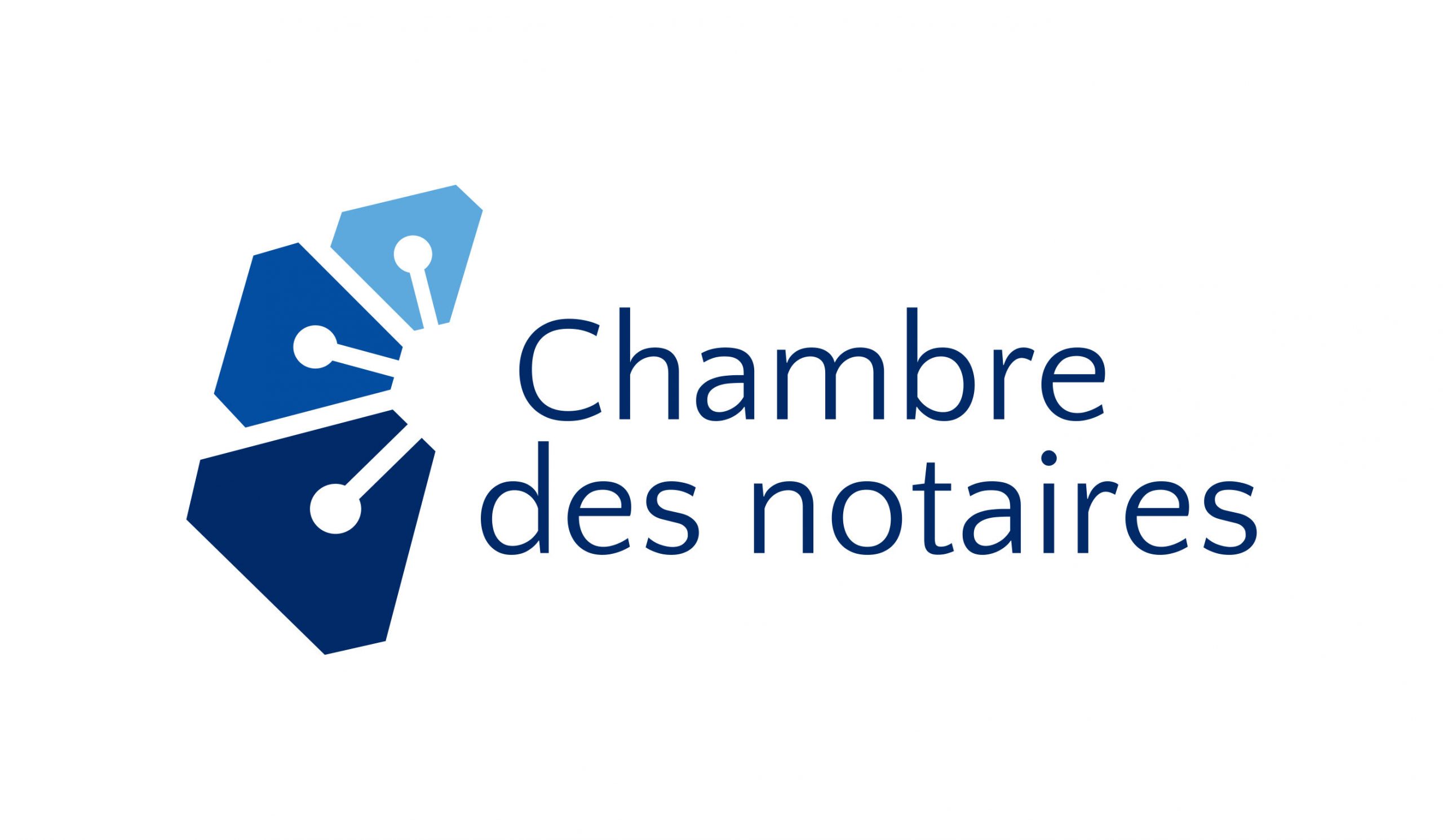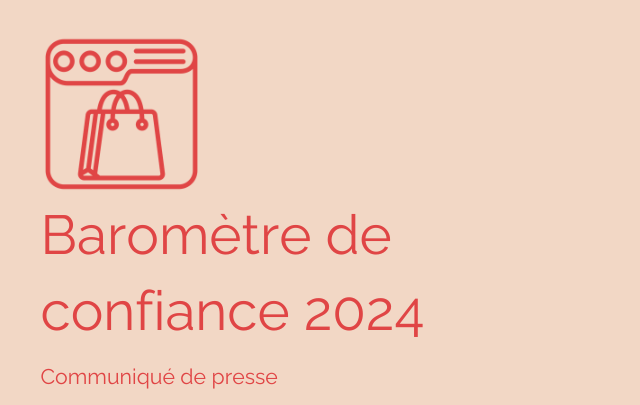

Photo credit: Fabian Blank
Financial literacy is defined as "having the knowledge, skills and confidence to make responsible financial decisions". A financially literate person has the knowledge of personal finances that he or she can use on a daily basis. He or she will also be able to make the right decisions, and will do so with a certain degree of confidence, whatever the stakes.
Financial literacy is essential throughout life. When you're a teenager, you'll be able to make a few savings and invest them to prepare for the future. In adulthood, it helps you make the right choices on a day-to-day basis, but also when the time comes to sign a major contract and invest. In retirement, it helps you manage your money and master various financial tools to protect your assets and make the most of them.
Yet financial literacy has its critics, who deem it ineffective. They point to consumer debt levels - which were close to 180% at the start of the pandemic - and the fact that even those with excellent financial literacy don't always make good financial decisions. These analysts seem to forget that, even among the most "knowledgeable", emotions sometimes take precedence over reason. And that beliefs acquired during childhood sometimes have a life of their own.
What's more, according to some studies, learning financial literacy doesn't always produce long-term results. It's by asking questions related to a specific situation that people are most likely to learn. As a result, ongoing training would be more useful than training given in a small school.
In this month of financial literacy, let's salute the publications and tools that federal and provincial agencies, such as theFinancial Consumer Agency of Canada and theAutorité des marchés financiers (in Quebec), are putting on their websites. Consumers can consult them at their convenience. We also salute the training courses offered to adults by educational institutions and organizations - notably on stock market investment management, taxation and preparing for retirement. Finally, we applaud the sums allocated to this cause by governments. In these times of great uncertainty, we must continue to promote financial literacy.
But we also need to do more...
Because it's not just financial literacy that counts, it's also the clarity of the information provided. Let's bet you've already contacted your credit card issuer or insurer to ask for information about your policy. Or looked at your investment statements with some puzzlement. For consumers to behave appropriately, we need to give them information they understand, not let them get lost in abstract, nebulous phrases.
They also need to be given all the information. Over the past few years, Option consommateurs has been exposing hidden mortgage umbrella clauses in mortgage contracts that lenders weren't talking about. It uncovered the fact that some FinTech companies were stuffing their websites with inviting language without ever telling their prospective customers about the restrictions found in the contract that would bind them to the company. Even the most financially literate person can't guess what information is being withheld.
Finally, consumers need to be better protected. Insurance, loans, investments... many financial products can now be purchased over the Internet. And soon, this will be the norm. This new way of doing business brings with it challenges that are not always taken into account by current legislation. Additional safeguards are needed, particularly with regard to representations, distance contracts and privacy protection. Only then will all consumers be well protected.






